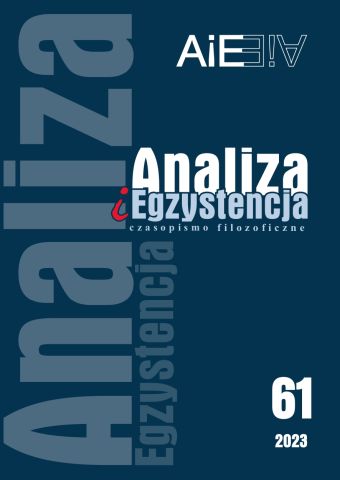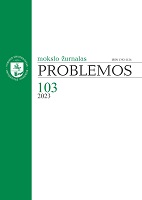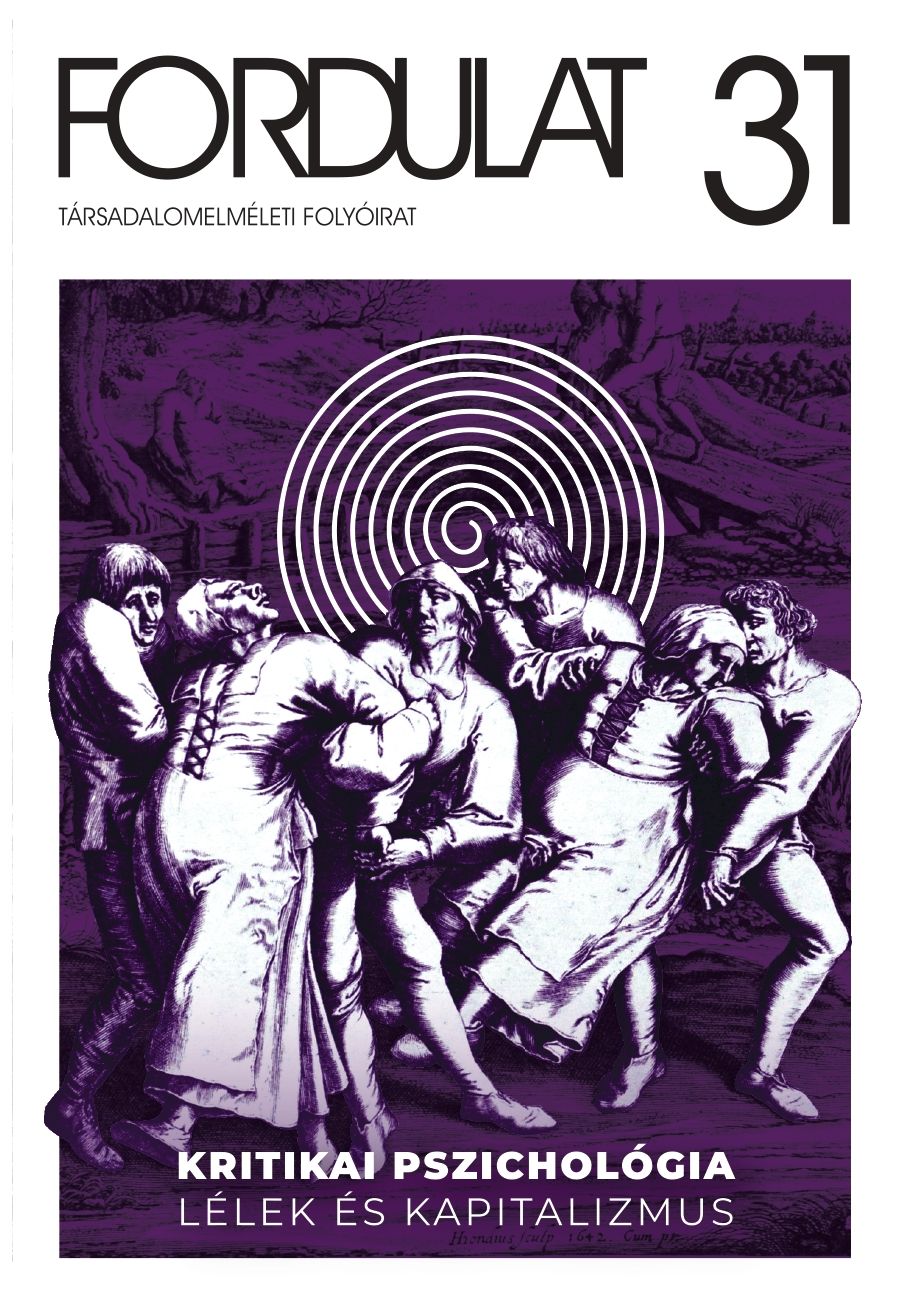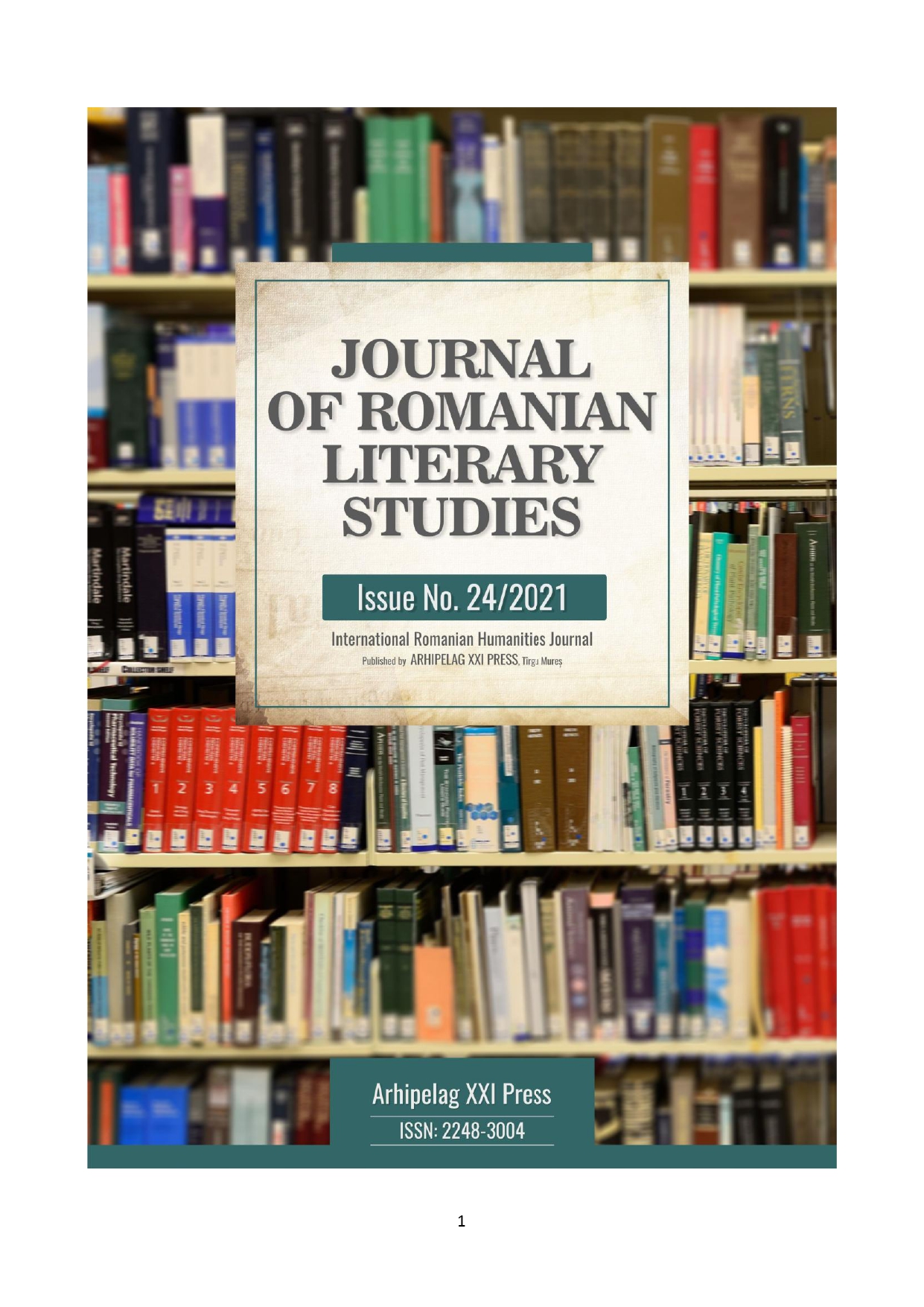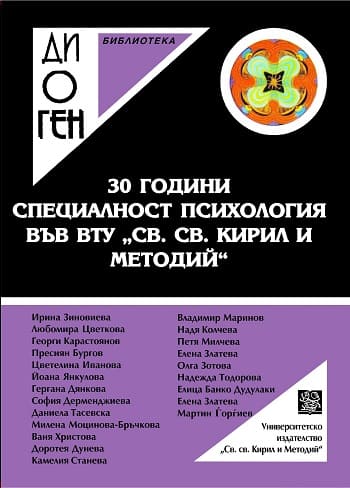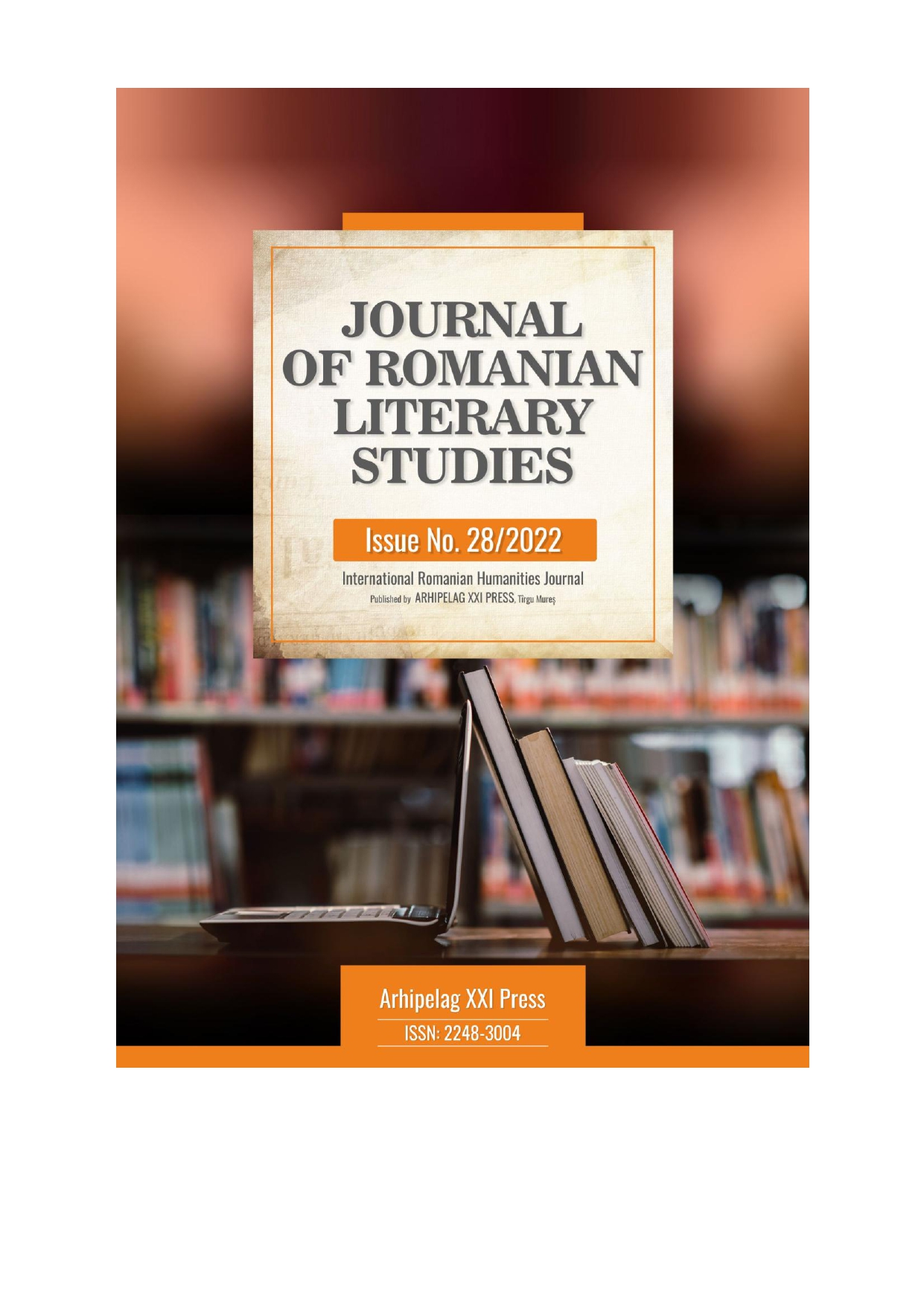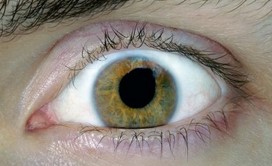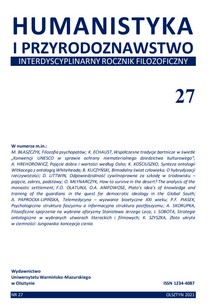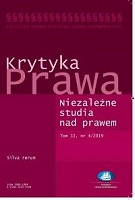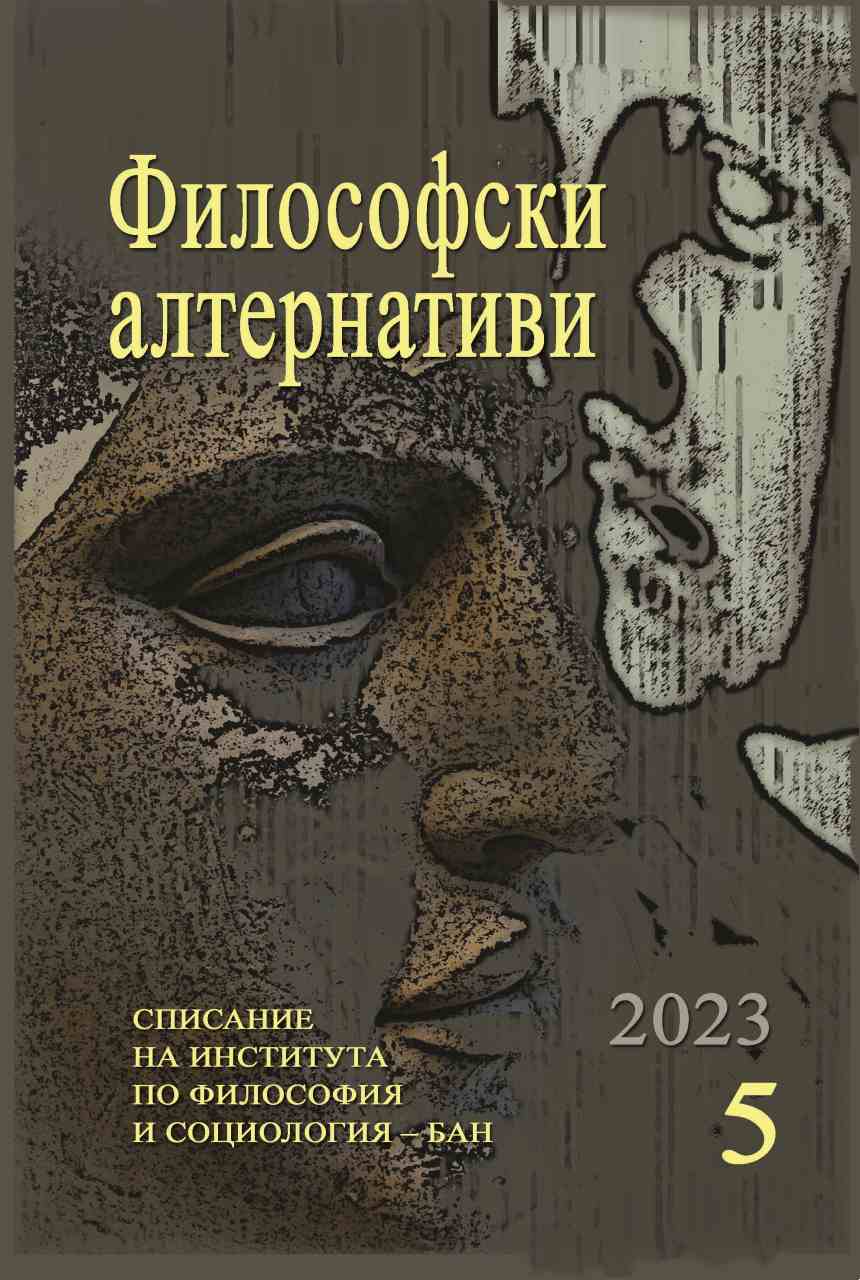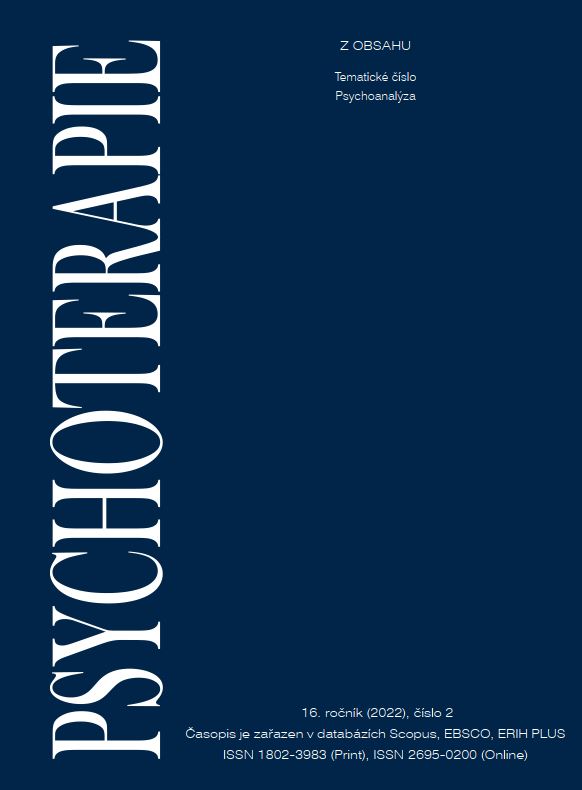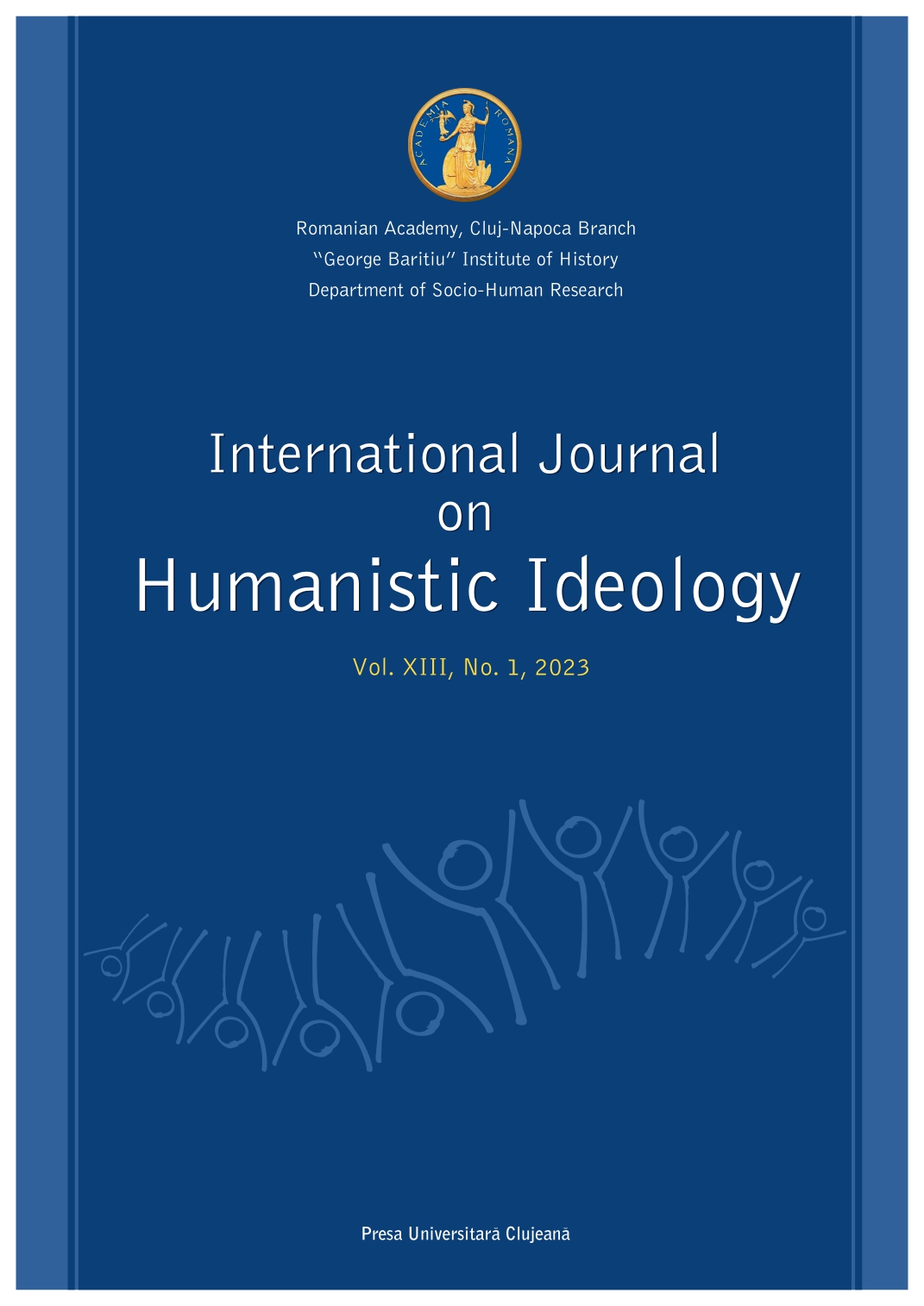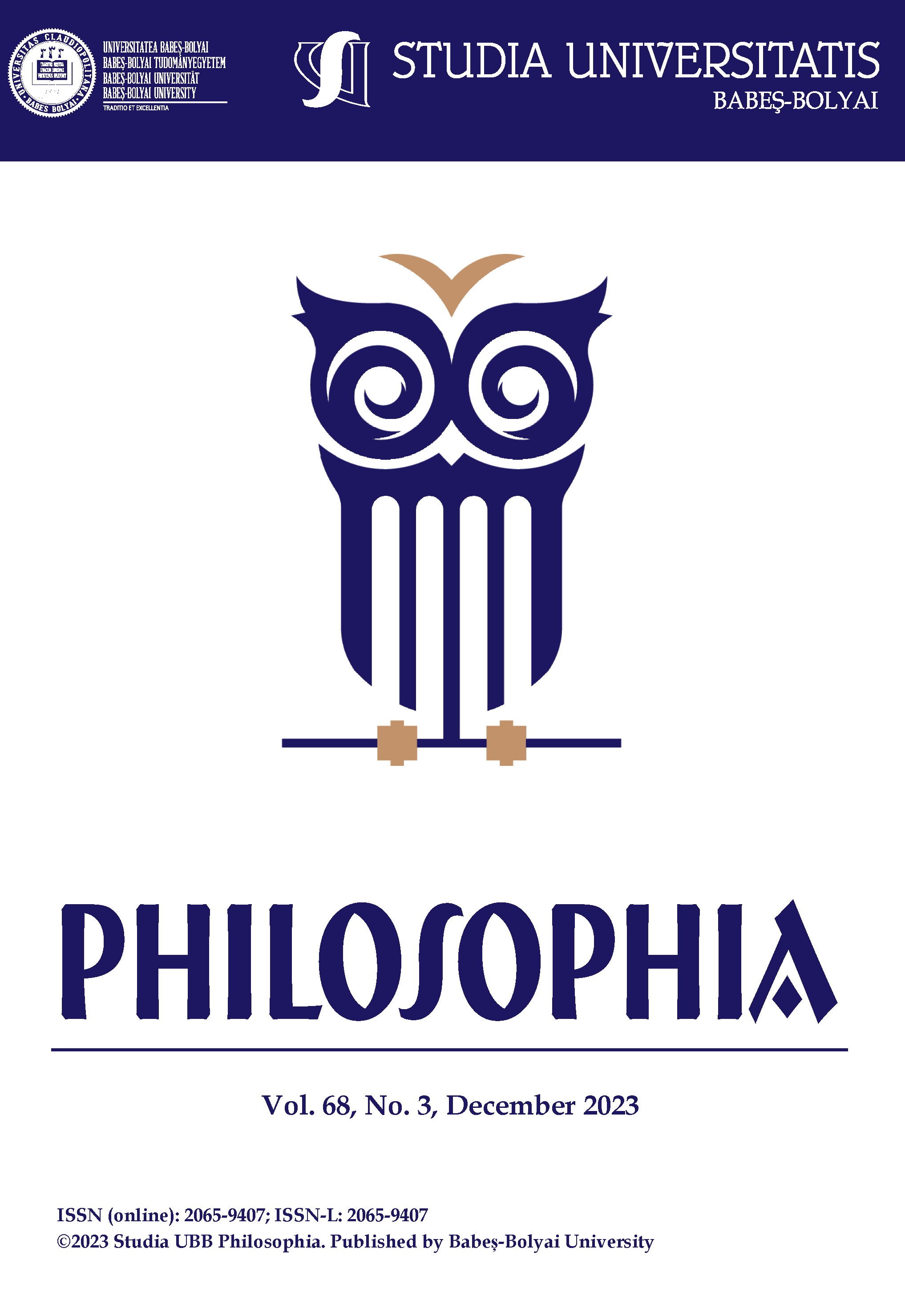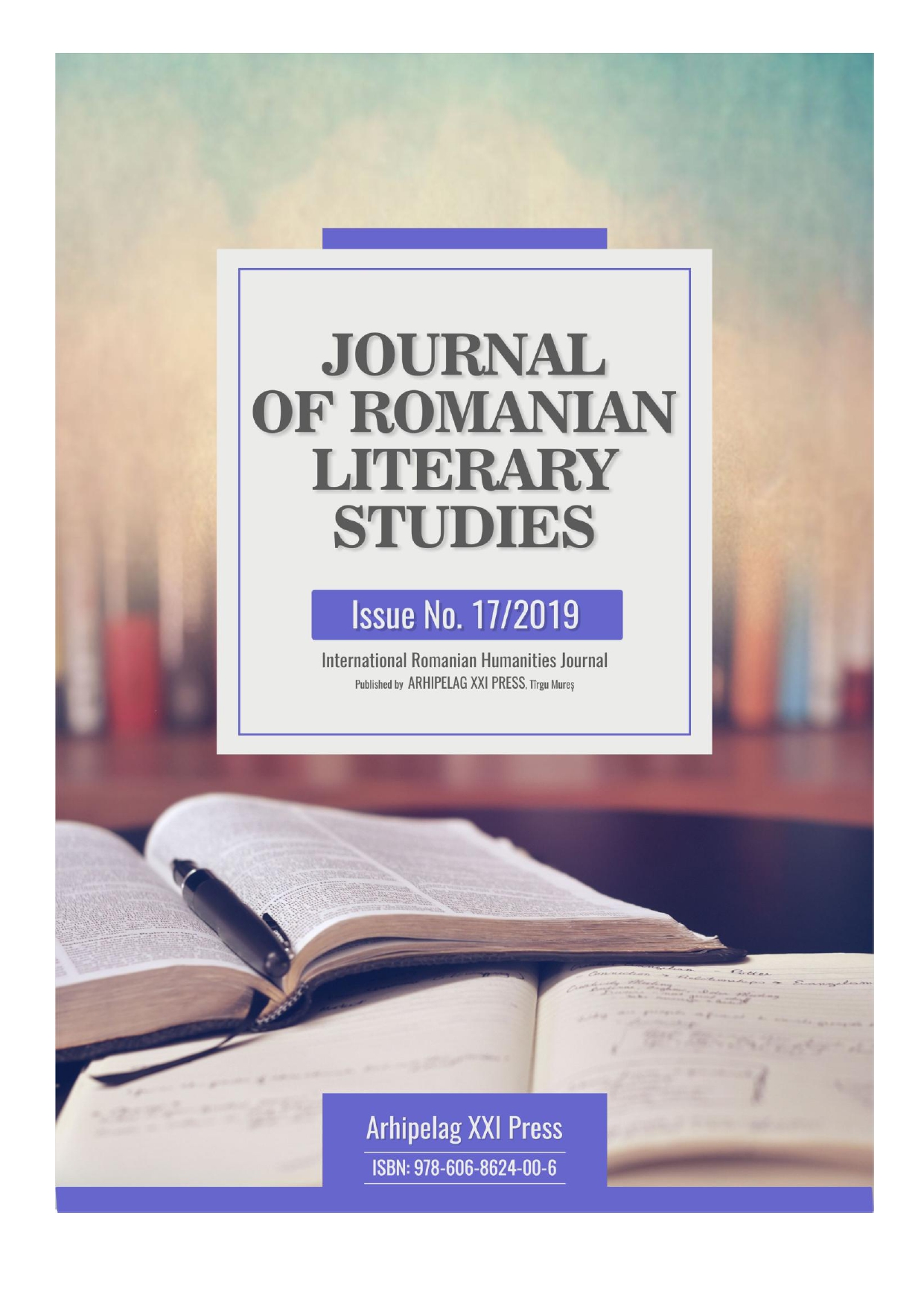
ABOUT EMOTION IN COMMUNICATION
The analog language, that dominates artistic communication, was theorized by Palo Alto researchers in mid XX century. According to their studies, the concepts of digital language and analog language are largely corresponding to dichotomies such as: rational vs irrational, verbal vs nonverbal or conscious vs unconscious and are based on the theory of bilateral cerebral specialization. The right hemisphere fulfills functions defining artistic communication and specializes in the holistic perception of relationships, creativity and emotions; this hemisphere reconstitutes the structures (Gestalt) and represents our metonimic, metaphoric, musical, associative and synthetic understanding, also known as the analog communication hemisphere. For Carl Gustav Jung the analog or fantasy thinking is a relic of primitive thinking just as the myth is a relic of humanity's soul; the oniric thinking, the dream is the myth of the individual. Later, the French psychoanalyst Jacques Lacan will extend the Jungian theory, figuring the three essential registers of the triple node loop, where opening any one of them implies opening all. The imaginary register is, according to Lacan, the register of the feeling and its essence is simultaneously an intrasubjective and intersubjective projection.
More...
